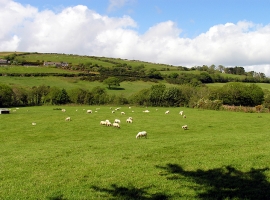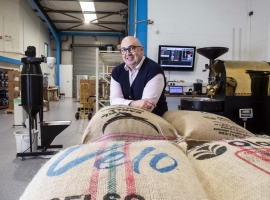
In its latest Economic Survey of Ireland, the Organisation for Economic Co-operation and Development (OECD) claims that the Irish economy is recovering robustly. Business investment by local firms has picked up, household consumption is reviving while the boost to jobs and a rapidly declining unemployment rate have led to strong wage growth in a number of sectors.
The OECD says the expansion is projected to continue over the next two years - albeit at a more sustainable pace (forecast at 2.9% in 2018 and 2.4% in 2019) - but it warns that Brexit poses a serious risk to the outlook. It estimates that a trade arrangement between Britain and the EU governed by the WTO’s Most Favoured Nation rules could reduce Irish exports by 20% in sectors such as agriculture and food.
The OECD warns that such uncertainty makes it vital to further improve public finances to create scope for policies to support the economy in the event of a shock and ensure that the benefits of growth reach everyone. Among its many recommendations, the survey highlights that reviving productivity will be crucial to ensure Ireland’s future economic dynamism and to maintain high living standards.
Research shows thst local firms compare poorly with foreign-owned multinationals active in Ireland, with productivity gaps between them widening. The report argues that unblocking the productivity potential of Irish firms will require improving the business environment and encouraging the benefits of new ideas and technology in high performing foreign companies to spill over to local firms.
The OECD also recommends improving infrastructure to alleviate emerging bottlenecks. The group believes careful evaluation through a more systematic collection of information is required in order to identify investment projects which would have the highest returns in terms of well-being and economic growth.
While the survey highlights the improvement in public finances and the reduction of fiscal deficits, it suggests that public debt could be further reduced by broadening the tax base, including by eliminating exemptions and preferential VAT rates and raising the property tax yield through more regular revaluations.
The report also calls attention to the need to continue strengthening the financial sector: despite the fact that non-performing loans (NPL) on bank balance sheets have now declined by around 60% from their peak, The OECD say incentives are needed for banks to further reduce their NPL stock.
Source: www.businessworld.ie

















